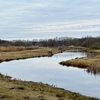Tenday Notes 11 April - 20 April 2023
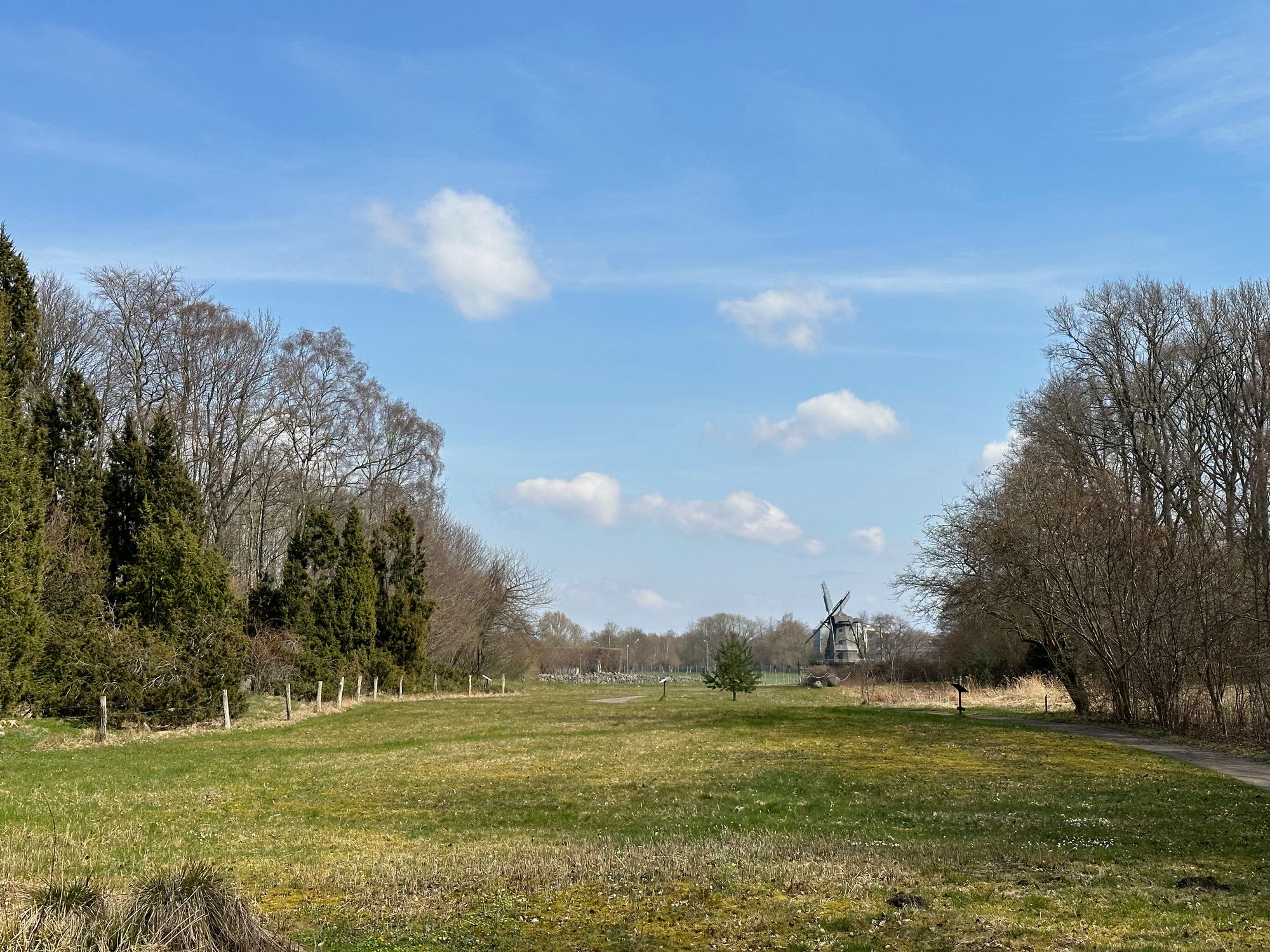
Every ten days or so, I share a quick digest of what I've been working on and reading. Here's the latest. More in the series here.
The lovely folks at Ableton have written up an article about data sonification and climate action, featuring quite a lot of the work I’ve done with Loud Numbers. Here's a little chunk:
Data sonification has emerged as a promising tool for raising climate change awareness. From the sounds of our declining forests to the changing weather patterns of our planet, it offers us a powerful new way to amplify, understand and connect with the stories that the Earth has to tell.
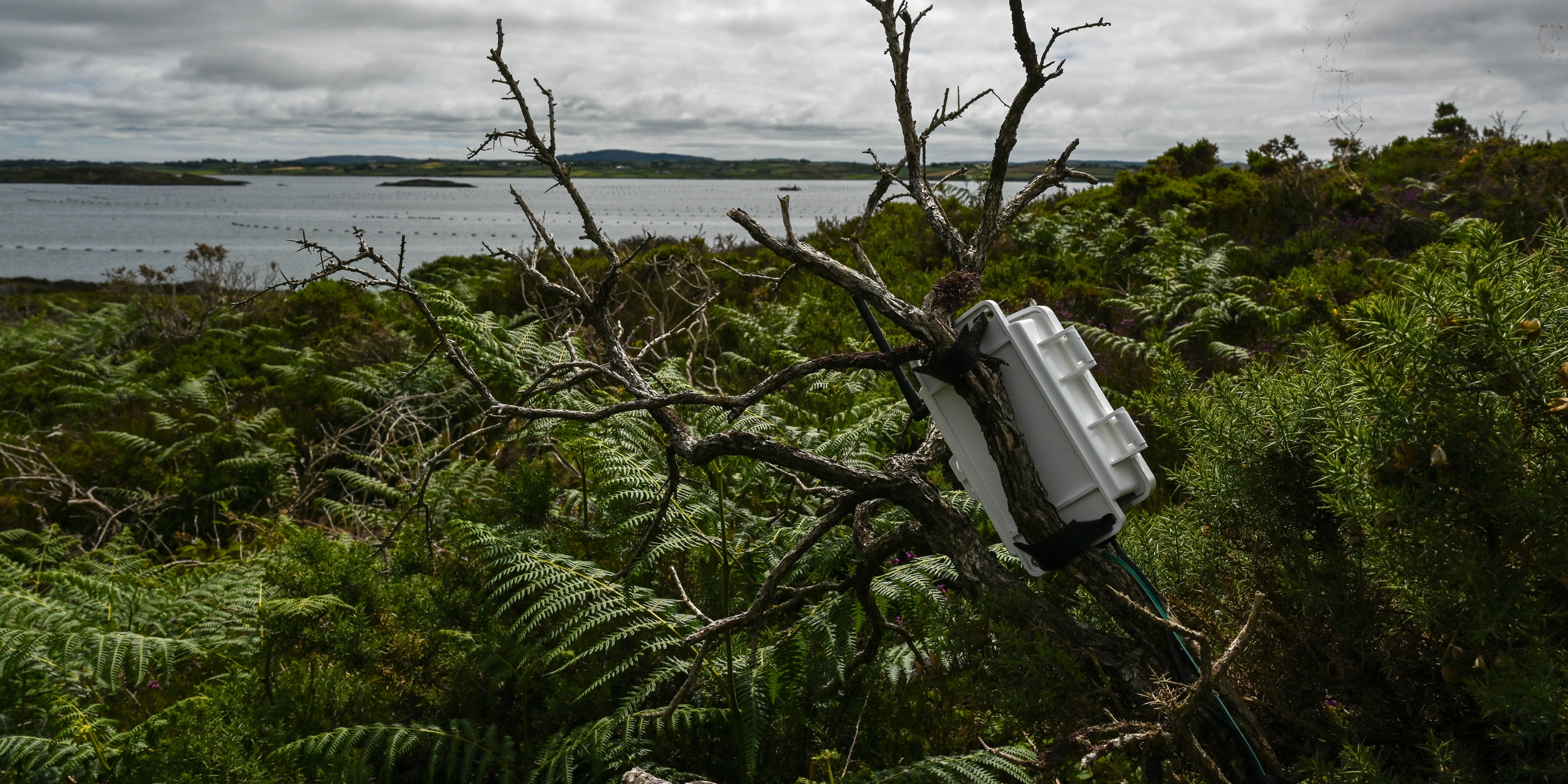
Putting my creativitity where my, er, press coverage is, I put together a short noise/drone style sonification the other day of data on the level of ozone-destroying CFCs in the atmosphere from 1959 to 2022.
I made it with the Loud Numbers script for Norns and my modular synth - it's a messy blend of analog and digital effects. For the modular heads amongst you, The signal flow is approximately: Crow > Rings > Mini Drive > Zagrzeb filter > FX Aid reverb > Data Bender glitchiness. The data is mapped to pitch, filter cutoff, Rings' brightness and some manual octave shifting near the end.
It 's a little raw and unpolished, but I'm not totally sure I've got any time in the near future to polish it, so I figured I'd share it in its current state as an "in progress" sort of thing.
You can listen to the sonification here - I recommend using your bassiest headphones/speakers.
Post pandemic I've tried to be careful not to return to old habits. One of those habits is a lot of air travel - an "unavoidable" byproduct, I told myself, of living in a different country to my family.
Truth is, though, I have always been a pretty frequent flyer compared to the majority of other Europeans, let alone the rest of humanity. And I've come to the conclusion that while I can't change the past, I can change a small part of the future, so I've developed a flight budget that I'm going to work with in the coming years.
Ideally I would never need to fly again. But that's not realistic in the world we live in right now - many of the good alternatives, trains and especially ferries, have withered away over the past couple of decades of cheap flights, even in Europe. So the budget I've set myself reflects that. It also reflects what research suggests is a "fair" share of carbon for an individual in the context of getting the aviation sector to net zero before 2050. And finally it reflects the different value of different things I might fly for.
So here are my tentative rules:
- No flights for work. My career is going just fine without needing to fly for it. I reserve the right to make the occasional exception for an unmissable opportunity, but I certainly won't be flying for conferences or workshops.
- One short haul (i.e. Europe) return flight per year - only to see family or friends. "Holiday" trips that involve seeing friends or family are also allowed here, but not random "city breaks".
- One long haul (i.e. Intercontinental) return flight every four years - ideally to see distant family or friends, but longer holidays are permitted here too.
These rules prioritise seeing family and friends, which in my opinion is the best reason to get on a plane. The rules acknowledge the value of seeing other parts of the world occasionally. And they completely reject the idea of justifying air travel because "it's for work" (being self-employed gives me more freedom here than most, but I think everyone should push back on work-related air travel to the extent that they can).
I'm gonna try to stick to this for a few years and see how it goes. Last time I flew intercontinentally was 2018, so the rules allow me a longer holiday wherever I want, whenever I want. Maybe in 2024?
I've made a small update to my gridofpoints script for Norns, which adds MIDI functionality. For those among you who for some reason don't make extensive notes on my newsletters, this is a script that turns the Monome grid into a quantised keyboard of sorts - with notes from a scale that you select along the x-axis, and differing filter cutoff along the y-axis. It's nice to play around with, and designed very much so people can hit buttons at random and get something that sounds good.

The script now outputs MIDI notes as well as sounds and control voltages. However, you can't easily do filter cutoff with MIDI, so instead I've set it so that the y-axis controls MIDI note length. Near the top you get plucky 0.01-second notes, at the bottom you get sustained 3-second notes. Plug it into a polyphonic synthesizer like the OP-1, pick a gentle synth sound, and voila - instant ambient.
The wonderful Data is Plural newsletter, which drops a smattering of fascinating and weird datasets in your inbox once a week, is now also a podcast.

Jeremy Singer-Vine, who curates the newsletter, interviews people who've created the datasets that he features. The first episode is a chat with Andy Wolf, who coordinates giant pumpkin contests and maintains the record books.
It sounds weird to say that one of my favourite things about this podcast is how short it is, but it's true - each episode is about 15 minutes, which is a really perfect length. Enough time to get reasonably deep into the subject, but tightly edited down to just the best bits.
You should absolutely give it a listen.
Possible, the climate charity I work for, is looking for a UK-based press officer. It's an awesome job for anyone who wants to have a real positive impact on the world. Full-time, permanent contract, hybrid working, extra holiday days if you go by train. £32k - £34k. Plus - the ultimate perk - you get to work with me ;)
Do you know anyone who'd be good? Send them this way - we're looking to recruit fast, so shoot over a message now: https://www.wearepossible.org/careers

I don't release very much of the music I make, but every so often I accidentally do something I really like and feel like other people might want to hear it. So here's "Still Water" - an ambient track inspired by icy mornings and grey skies.
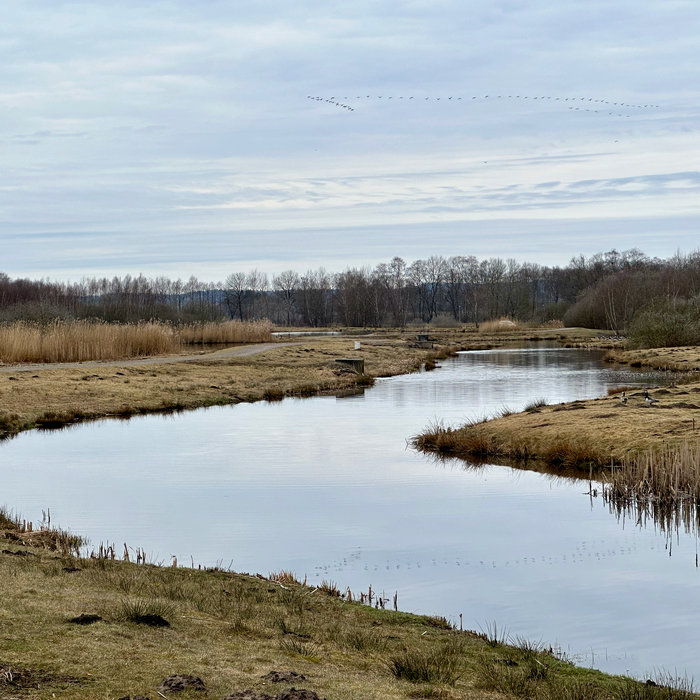
I know it's been doing the rounds, but Jack Cheng's writing about the process of designing a small house for oneself is really very, very good - thoughtful, detailed, and packed with lovely little sketches and models.
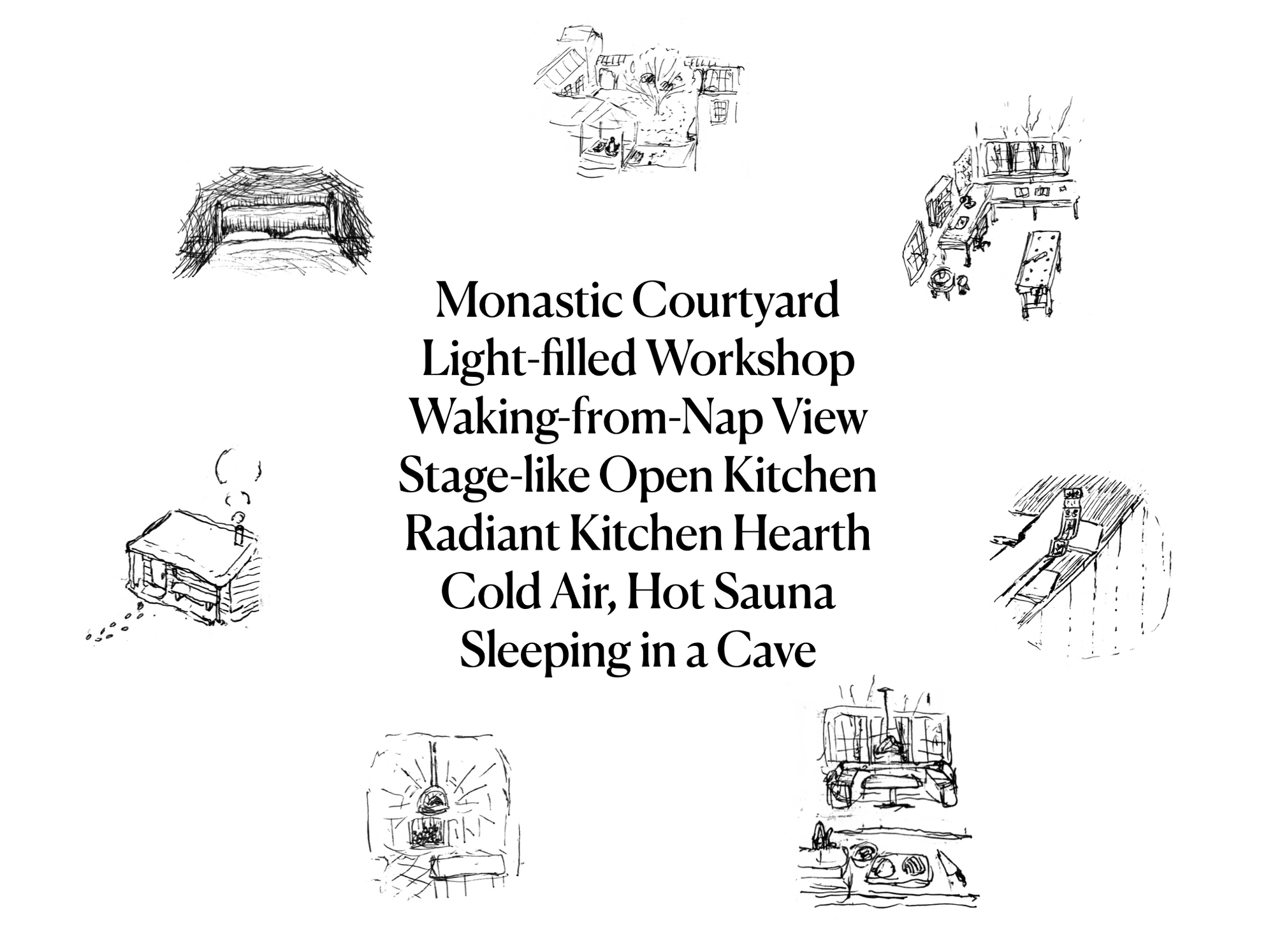
Finally, I really like this redesign of Berlin's public transport map, and even more than that, I love the beautiful webpage it's published on and the lengthy explanation of all the design elements that make it tick - most notably the line: "London's Tube map design works well in London, but it does not mean it can work well anywhere."

See you next time.
